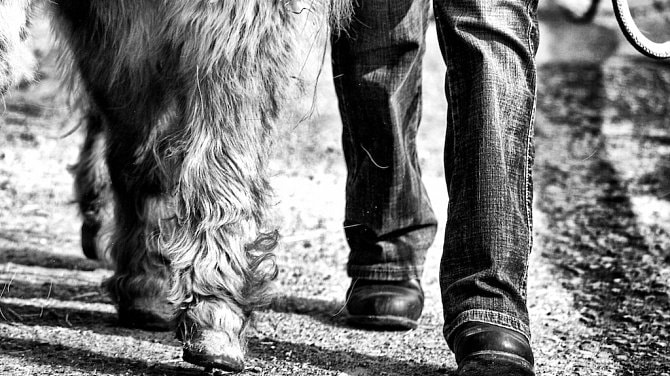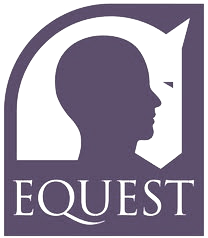|
Do you ever feel like your team-mates are from another planet? Or perhaps that you are? Do you ever feel like your team-mates are from another planet? Or perhaps that you are? If you do it wouldn’t be surprising, or unusual. Within the human species, there are so many different ways of being, of communicating, of prioritising, of planning, of perceiving things. Influenced by our gender, personality type, upbringing, thinking and problem solving style, our cultural heritage, our prevalent emotional state and our conditioning from previous professional and personal experiences.
And if all that isn’t complicated enough, we are then faced with the challenge of having to decode each others’ behaviour and develop understanding whilst operating in a high performing, stressful working environment where time, and sometimes patience, is in short supply. These days the team which I lead and am part of is trans species – it comprises humans and horses. For all intents and purposes we humans and horses could come from different planets. But strangely when I compare this to my other experiences of leading and belonging in uniquely human teams in my earlier career, these days it is a lot simpler. Why? Words and verbal communication don’t count as much in a team where half your colleagues are horses. To communicate with horses, to try and work out what they are thinking, feeling, or what they are anxious about, involves acute and trained observation of their behaviour, body language and physical state. There are the obvious signs of discomfort they may show, like swishing the tail, or pinning the ears, which if ignored may lead to a nip or a shove or a kick if you really don’t listen. But way before they show any of these, it is possible to perceive a change in the eye, in the breath, in the muscle tone, or posture, which will indicate how that horse might be feeling about their circumstances and about their relationship with you. So, the humans in the team we have to do a lot of noticing, a lot of observation of our equine colleagues, from one moment to the next, to help us understand them. And because we are human and not horses, we then have to be curious about what the signals from the horse might mean, we have to draw hypotheses, and then test them out. Sometimes we get it right, sometimes we get it wrong. The horses will tell us that. But bit by bit we learn to be more accurate and more intuitive in learning to understand the others. And through testing our understanding regularly, and being prepared to accept and act on feedback, the horses grow to trust us, and we grow to know them, and each other better. How often do we pay so much care to understanding human colleagues at work? To noticing and observing at a subtle level? Extreme or obvious behaviour of colleagues, for sure. But what about the early signs that something is wrong? And can we be curious and explore what is happening, and test things out, before making assumptions and acting on them? Can we make the time and find the courage to do that, even if we won’t like what we hear? As humans we have the power of observation and also of language. Surely, we can harness both to understand each other across our differences and feel like a team from the same planet. • Notice • Be curious • Test understanding • Accept and act on feedback
0 Comments
Your comment will be posted after it is approved.
Leave a Reply. |
NewsWelcome to our news page. This is where we keep all the interesting stuff as and when it happens. We hope you find it interesting, inspiring and informative.
Categories
All
latest eventsLoading... NEWS Archive
December 2023
|
LOCATION: Suddene Park Farm, Wolfhall Road, Burbage, Marlborough, Wiltshire
Registered address for correspondence only: Equest Limited, 126 High St, Marlborough SN8 1LZ, United Kingdom | Company registration number: 07713922
Registered address for correspondence only: Equest Limited, 126 High St, Marlborough SN8 1LZ, United Kingdom | Company registration number: 07713922
© 2014-2020 Equest Limited. All rights reserved | Photos by Emily Corcoran Photography | PRIVACY AND COOKIES POLICY | Website design by Bright Blue C



 RSS Feed
RSS Feed